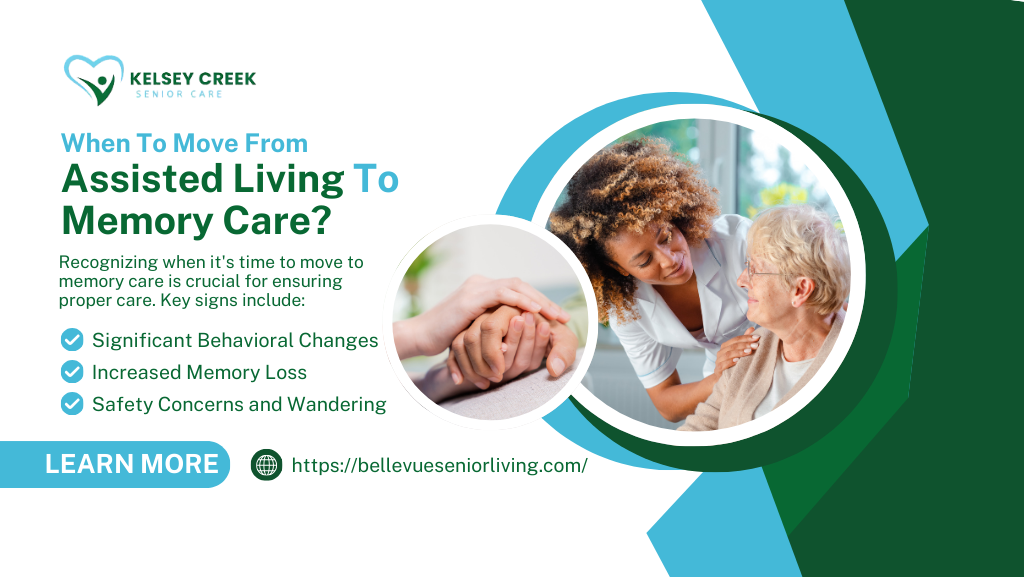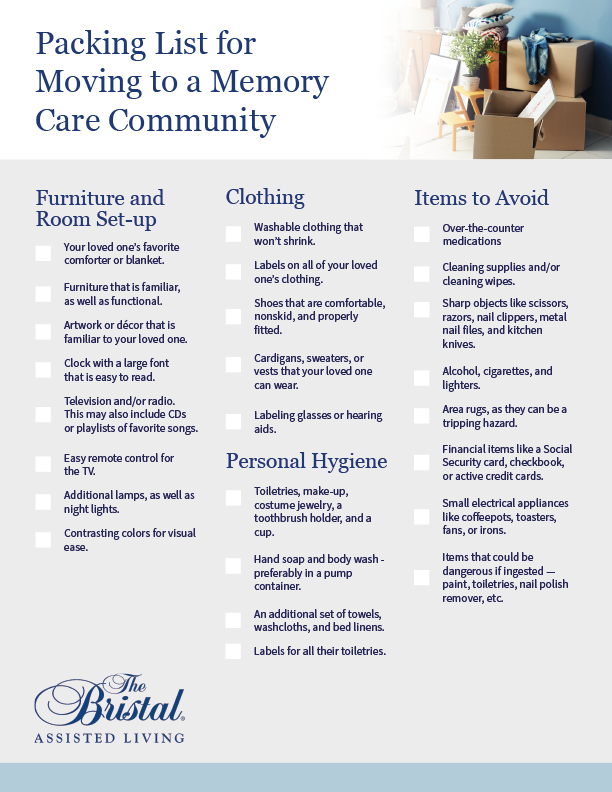Developing a Safe and Encouraging Atmosphere for Alzheimer's Treatment
The production of a risk-free and supportive environment for people with Alzheimer's is vital in enhancing their quality of life. Exploring these diverse approaches can disclose crucial insights right into reliable caregiving approaches that might transform the day-to-day experiences of both caregivers and people.
Comprehending Alzheimer's Needs
Often, people with Alzheimer's disease display a series of demands that call for customized methods to care. As the problem proceeds, cognitive decline materializes in numerous methods, impacting memory, reasoning, and also the ability to execute daily tasks. Caregivers need to recognize these advancing demands to supply suitable support and guarantee a greater quality of life for those impacted.
One critical element of recognizing Alzheimer's needs is identifying the value of routine and knowledge. Individuals usually discover comfort in established patterns, which can decrease anxiety and complication. Caretakers need to aim to develop organized everyday schedules that include significant activities aligned with the individual's capabilities and passions.
Additionally, effective interaction is critical. Individuals with Alzheimer's might battle to express themselves or comprehend complicated language. Caregivers must employ easy, clear language, usage non-verbal signs, and practice energetic listening to foster understanding and connection.
Caretakers ought to motivate engagement in community tasks or family gatherings, advertising a sense of belonging and function. Understanding these diverse requirements is vital for developing an encouraging care setting.
Creating a Safe Home
Producing a risk-free home for people with Alzheimer's disease is vital to reducing risks and advertising independence. The design of the space must prioritize safety while enabling individual convenience. Remove prospective risks such as loosened rugs, sharp objects, and mess, which can lead to drops or mishaps. Guarantee that paths are clear and well-lit, as appropriate illumination lowers disorientation and enhances movement.
Integrating adaptive attributes is likewise crucial. Set up grab bars in shower rooms and near stairways, and consider making use of non-slip mats in wet locations. Furthermore, making use of contrasting shades for floorings and walls can aid in distinguishing rooms, helping to minimize complication.
Familiarity is vital for people with Alzheimer's. Personalizing the setting with familiar things and pictures can strengthen a sense of belonging and security - Alzheimers Care Charlotte. It is additionally helpful to have a marked location for day-to-day activities, such as analysis or crafting, which can give framework to their day
Finally, carrying out a secure outside area enables risk-free expedition while getting in touch with nature. By thoughtfully developing the home environment, caregivers can dramatically boost the quality of life for individuals dealing with Alzheimer's disease.
Enhancing Communication Skills

Non-verbal interaction, consisting of face expressions, gestures, and touch, plays a crucial duty in communicating empathy and understanding. Maintaining eye contact and a calm behavior can enhance the comfort degree of the individual, promoting a feeling of safety.
Moreover, it is essential to exercise energetic listening. This includes being fully present, revealing persistence, and permitting the person to express themselves without interruption. Rep may be required; caregivers need to be prepared to revisit questions or subjects, as individuals with Alzheimer's might struggle with memory recall.
Furthermore, making use of aesthetic help or signs, such as photos or familiar items, can help with recognition and interaction. Ultimately, boosting communication abilities is regarding developing trust and developing an environment where people feel listened to, valued, and recognized, therefore enriching their lifestyle.
Motivating Social Communication
Cultivating significant social communications can greatly enhance the well-being of individuals with Alzheimer's illness. Involving with others not only aids combat feelings of isolation however likewise stimulates cognitive function and psychological wellness. Structured social tasks, such as group arts, games and crafts, or songs treatment, develop possibilities for residents to get in touch with peers and caretakers, which can result in enhanced state of mind and decreased stress and anxiety.
Developing an inviting environment that urges socialization is necessary. This can be accomplished by arranging communal rooms that promote interaction, such as cozy seating areas or task areas. Furthermore, including culturally relevant and acquainted tasks can urge and stimulate memories engagement, allowing individuals with Alzheimer's to really feel more linked to their previous experiences.
Moreover, caretakers need to be trained to recognize and advertise social engagement among locals. Easy motions, such as launching conversation or promoting tiny seminar, can assist individuals really feel valued and consisted of. Routinely set up navigate to this website get-togethers need to correspond yet versatile, fitting varying degrees of capacity and rate of interest. By prioritizing social interaction, we can considerably enrich the lives of those coping with Alzheimer's, cultivating a sense of community and belonging.
Sustaining Caregiver Well-being

To support caregivers, organizations should offer regular training and academic resources to improve their understanding of Alzheimer's condition and caregiving methods. Supplying accessibility to respite treatment services permits caretakers to take necessary breaks, reducing stress and anxiety and exhaustion - Alzheimers Care Charlotte. Additionally, promoting a neighborhood via support teams can promote emotional sharing and the exchange of practical advice amongst caretakers, creating a network of common support
Mental health sources, such as counseling solutions, can also be vital in resolving the psychological toll caregiving can take. By prioritizing caretaker health, we develop a more lasting caregiving environment that not just profits the caregivers themselves but additionally boosts the total high quality of care obtained by individuals with Alzheimer's. Ultimately, sustaining caregivers is a necessary element in promoting a caring and effective treatment setup.
Final Thought
Finally, the creation of a encouraging and risk-free atmosphere for people with Alzheimer's is important to boosting their high quality of life. By focusing on safety and security through thoughtful design, fostering emotional well-being with acquainted aspects, and promoting involvement via structured routines, caregivers can substantially influence the overall experience of those impacted by this condition. Sustaining caretaker well-being is essential, as it inevitably contributes to an extra reliable and thoughtful care setting.
Repetition may be essential; caregivers should be prepared to revisit visit the website questions or subjects, as individuals with Alzheimer's might have a hard time with memory recall.
